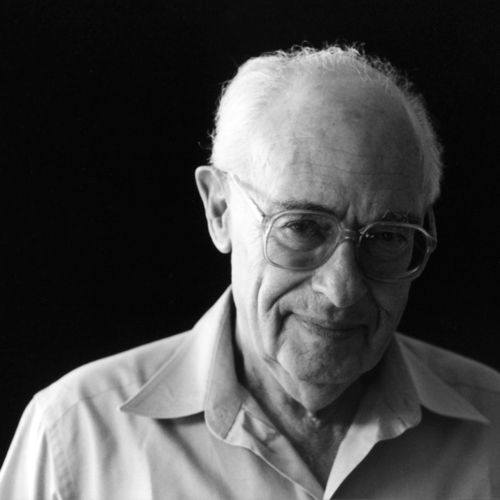Language as Model of Reality
"A most important work, sounding the depth of the I AM to reveal the love that unifies self and cosmos." - David Appelbaum is Professor of Philosophy at SUNY New Paltz and editor of Parabola magazine and of the SUNY Press "Studies in Esotericism" series. He is also a poet and the author of numerous books, including The Stop, Everyday Spirits, and Disruption.
"If you appreciate poetry, philosophy, and science - as contrapuntal meditations on the real - Logos-Structure will sing you a grounding theme, as sublime as it is deep." - Arthur Egendorf, psychotherapist, author of Healing from the War: Trauma and Transformation After Vietnam
"Drawing on a vast store of scientific, philosophical, and linguistic knowledge, and his own carefully charted experience, Georg Kühlewind teaches the Logos in terms at once individual and universally human." - Robert McDermott, Ph.D., was president (1990-99) and is currently professor of philosophy and religion, of the California Institute of Integral Studies (San Francisco); he is author of Radhakrishnan (1970), The Essential Aurobindo (1974), and The Essential Steiner (1984).
"I find Kühlewind's work invaluable. He lays the groundwork for a new, twenty-first-century worldview that integrates human life into a vibrant whole. His philosophy is refreshingly unique - it is not only philosophically rigorous and spiritually profound but also accessible to the inquiring general reader." - Tyson Anderson, Professor of Philosophy, St Leo College
"The aim of this book is to show that the world, including human beings and their consciousness, is not originally a world of thing but a world of words; that fundamentally the world has the structure of a text; and that it is therefore possible to read it like a test" (Georg Kühlewind).
To realize this goal one must keep in mind three different approaches, or disciplines: epistemology, psychology, and linguistics. These are united by the phenomenology - "empiricism of consciousness" - used by the author, who always speaks from and toward experience.
This is no ordinary text. It is a guide to philosophical experience - to the experience of cognition itself.
Lindisfarne Press, Hudson, NY 1986
ISBN: 0940262487

